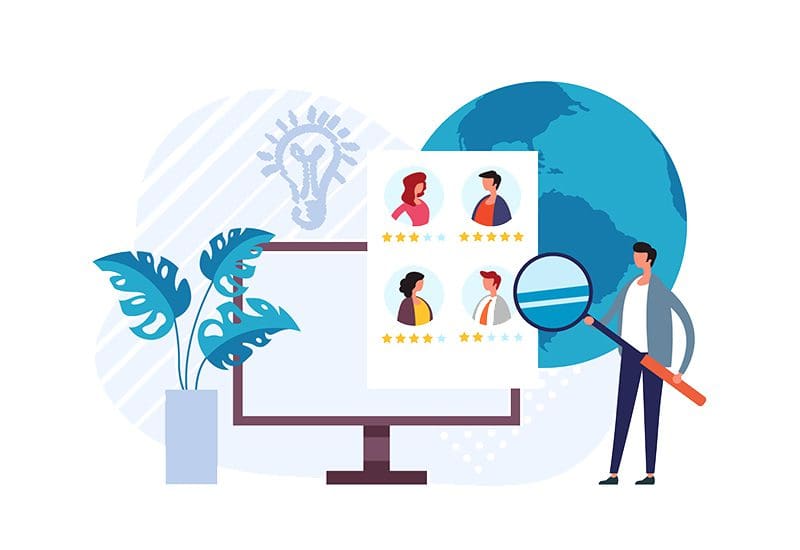Outsourcing Compliance: what you Need To Know – SMS
Among the most substantial company trends over the last decade has actually been to outsource functions that are not core organization activities. Cutting expenses and gaining expertise are the 2 most widespread motivations for outsourcing. This trend has long given that reached business compliance programs. Many questions surround this practice in the compliance arena.
Why Outsource Compliance?
The very first question is: why should an organization engage an outdoors specialist to help in running the compliance program? The reality is that numerous compliance office tasks are routinely contracted out to suppliers to allow the compliance office to concentrate on the program’s core components. Hotlines, sanction screening services, and training programs are typically outsourced functions.

In some cases, a compliance officer’s departure develops the requirement for support up until the organization can work with a replacement. In others, an existing compliance program requires support to handle included responsibilities, such as compliance management or HIPAA privacy/security officer assistance.

When Should You Outsource Compliance?
Organizations decide to work with compliance professionals after determining weaknesses or spaces in their operations, such as jobs in compliance, privacy or security officer roles. Often times, federal government investigation drives the choice to bring in specialists. Corporate Integrity Agreements mandate that a company attests to having a fully working and effective compliance program.

Managed Care statutes require maintaining an efficient compliance program and informing CMS when a compliance officer vacancy takes place. And under the Affordable Care Act, CMS is needed to develop mandated compliance program requirements. Once these requirements are in impact, lots of will look for skilled assistance to meet them.
Where Can You Find Compliance Outsourcing Services?

Where can companies find necessary compliance expertise? The easiest beginning point is checking the internet to discover professional journal articles on the subject. This can supply extra insight and determine specialists on the topic. A search can likewise identify companies that might supply the needed services.
Who Should You Outsource Compliance To?
Who are some professionals that can fill gaps or supplement compliance programs, and have also constructed, evaluated, and managed reliable compliance programs? They are individuals with hands-on experience in several circumstances and settings that make them specialists.
The following are examples of specialists with substantial compliance program consulting experience, who have actually functioned as compliance officers in multiple roles:
Cornelia Dorfschmid, PhD, who has over twenty years of healthcare seeking advice from experience and has actually worked as designated/interim compliance officer for healthcare facility systems and doctor practices on multiple occasions.
Steve Forman, CPA, with 12 years as a healthcare consultant, ten years as VP for Audit/Compliance at a health center system, and has acted as interim/designated compliance officer numerous times.
Suzanne Castaldo, JD, CHC, an experienced consultant who has actually functioned as interim/designated compliance officer a number of times.

How Can You Best Outsource Compliance?
How can organizations utilize compliance specialists to its best benefit? Using qualified experts has numerous benefits, but the secret in employing them is to bring an optimal return of advantage for the cost by making sure added value. In addition to daily management, think about consisting of some of the following:
1. Examine the program to validate strengths and recognize opportunities for improvement;
2. Conduct an independent assessment of the program for senior management and board;
3. Review the Code of Conduct and other composed assistance;
4. Evaluate the quality and efficiency of compliance training;
5. Assess high-risk locations that necessitate attention;
6. Assess resources needed to successfully operate the compliance program;
7. Use experts to recognize and construct metrics evidencing compliance program effectiveness;
8. Use specialists to help in recognizing and assessing prospects for the irreversible compliance officer position; and
9. Provide a “roadway map” for incoming compliance to follow.
What Level of Effort Should You Put Into Outsourcing Compliance?
What level of effort do organizations require to utilize compliance professionals in compliance programs? Even for relatively large companies, a true compliance expert can hold the program together for several months without needing to be on-site full-time. Most organizations can run compliance programs effectively through using a specialist for 50-80 hours each month for as much as 6 months until having an irreversible compliance officer in place becomes important.
Smaller organizations and most doctor practices will need professionals for just half the time. Due to advances in innovation, not all hours need to be on-site. However, the key is to have the professional on-call to deal with any emergent issues. Notably, the OIG has accepted that for smaller sized organizations, engaging a qualified expert as the Designated Compliance Officer might make more sense. The OIG mentions many factors for an organization to think about utilizing an outside professional rather of a W-2 full-time staff member.
About the Author
Richard P. Kusserow developed Strategic Management Services, LLC, after retiring from being the DHHS Inspector General, and has assisted over 3,000 healthcare organizations and entities in establishing, carrying out and evaluating compliance programs.

